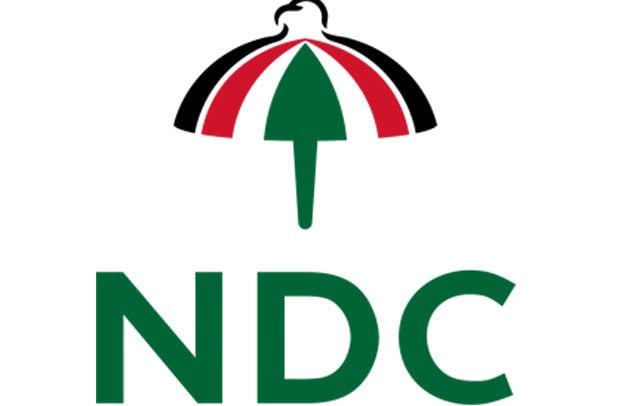The National Democratic Congress (NDC) has initiated legal proceedings contesting the declared results of the parliamentary elections in three constituencies: Obuasi East, Ahafo Ano North, and Ahafo Ano South West. These constituencies, all located within the Ashanti Region of Ghana, became points of contention following the December 2024 general elections. The NDC’s Ashanti Regional Chairman, Augustus Nana Akwasi Andrews, has publicly expressed the party’s conviction that the court proceedings will ultimately vindicate their candidates and overturn the initial declarations made by the Electoral Commission (EC). This legal challenge represents a significant development in the post-election landscape, highlighting the NDC’s commitment to ensuring, in their view, a fair and transparent electoral process. The party’s pursuit of legal redress underscores the importance of these contested seats in the overall parliamentary balance of power.
The core of the NDC’s legal argument revolves around alleged irregularities and discrepancies that they believe marred the electoral process in the three constituencies. While the specific nature of these alleged irregularities hasn’t been detailed in the provided text, the NDC’s decision to pursue legal action suggests they possess evidence substantial enough to warrant judicial review. The party’s public statements indicate a firm belief that the declared results do not accurately reflect the will of the voters in these constituencies. The legal challenge, therefore, represents not just a contest over specific seats but also a broader effort to uphold the integrity of Ghana’s electoral system.
The Electoral Commission (EC), the body responsible for conducting and overseeing elections in Ghana, declared the New Patriotic Party (NPP) candidates victorious in all three constituencies following a recount and re-collation exercise. This recount and re-collation were themselves the result of a previous High Court order, indicating a prior level of legal scrutiny surrounding these elections. The NPP’s declared winners are Patrick Boakye-Yiadom for Obuasi East, Eric Nana Agyemang-Prempeh for Ahafo Ano North, and Elvis Osei Mensah Dapaah for Ahafo Ano South West. The EC’s declaration, following the court-ordered recount, seemingly aimed to resolve the initial disputes, but the NDC’s subsequent legal challenge demonstrates their continued dissatisfaction with the outcome.
The NDC’s decision to challenge the results even after a recount and re-collation underscores the deep level of distrust and contention surrounding these particular elections. It suggests that the party believes the irregularities they allege were not adequately addressed by the previous court-ordered process. By pursuing further legal action, the NDC is effectively arguing that the recount and re-collation did not fully rectify the perceived flaws in the original vote tallying and declaration. This continued legal battle raises significant questions about the overall transparency and perceived fairness of the electoral process in these constituencies.
The legal challenge brought forth by the NDC has the potential to significantly impact the political landscape in Ghana. The outcome of these court proceedings could alter the parliamentary representation in the affected constituencies, potentially shifting the balance of power between the NDC and the NPP. Beyond the immediate implications for the contested seats, the case also has broader implications for the public’s trust in the electoral system. A thorough and transparent judicial review is crucial for maintaining public confidence in the integrity of Ghana’s democratic processes.
The ongoing legal battle between the NDC and the NPP over these three parliamentary seats highlights the complexities and potential vulnerabilities of electoral processes. The NDC’s persistence in challenging the results, even after a recount, underscores their commitment to ensuring what they deem a fair and accurate reflection of the voters’ will. The judicial review will be a crucial test of Ghana’s legal framework for resolving electoral disputes and upholding democratic principles. The outcome will not only determine the parliamentary representation for these constituencies but also contribute to shaping public perception of the electoral system’s robustness and impartiality. This case serves as a reminder of the ongoing importance of vigilance and accountability in safeguarding democratic values and ensuring that electoral outcomes genuinely reflect the voice of the people.














